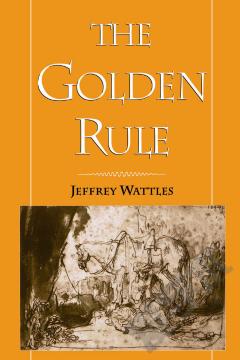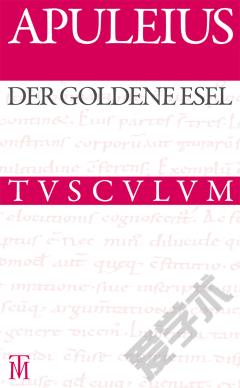The Golden Rule
The golden rule, "Do to others as you would have others do to you," is widely assumed to have a single meaning, shared by virtually all the world's religions. It strikes the average person as intuitively true, though most modern philosophers reject it or recast it in more rational form. Wattles surveys the history of the golden rule and its spectrum of meanings in diverse contexts, ranging from Confucius to Plato and Aristotle, from classical Jewish literature to the New Testament. He then moves on to consider medieval, Reformation, and modern theological and philosophical responses and objections to the rule. In addition, Wattles explores the use of the rule by some early twentieth-century American leaders and examines various psychological theories about the imaginative role reversal the rule suggests. Wattles concludes by offering his own synthesis of these varied interpretations, arguing that the rule can form the foundation for a contemporary "ethics of relationships," while retaining its religious appeal as "the principle of the practice of the family of God."
{{comment.content}}








 京公网安备 11010802027623号
京公网安备 11010802027623号